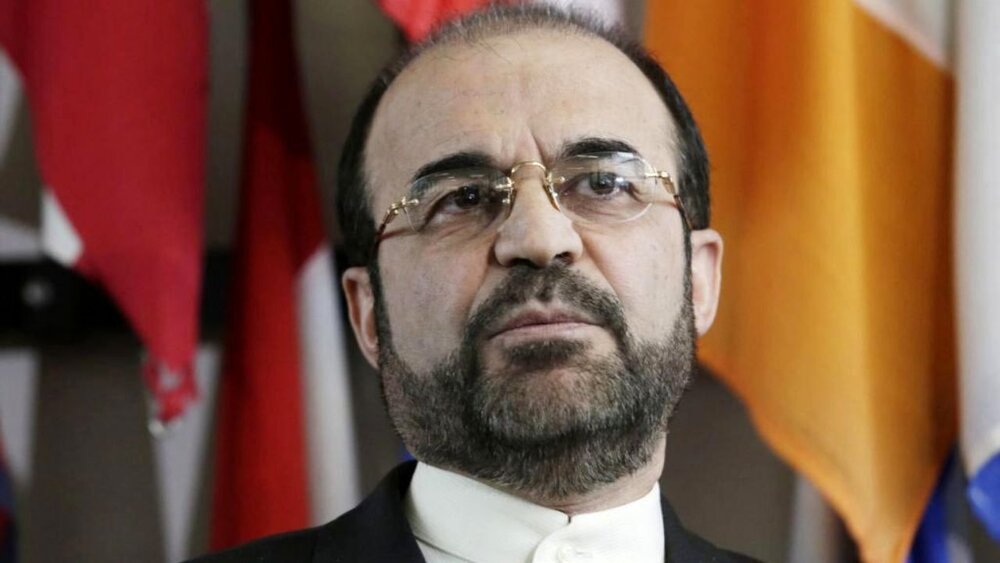Bans prevent chemical victims in Iran to get access to medicine

TEHRAN- In a meeting with the director general of the Organization for the Prohibition of Chemical Weapons (OPCW) Fernando Arias …., a top Iranian diplomat lamented lack of medical supplies for chemical weapons victims in Iran due to sanctions.
Reza Najafi, the Iranian deputy foreign minister for legal and international affairs, mentioned the unfairly U.S. sanctions on Iran, repeating that the sanctions have even prevented the victims of chemical weapons attacks from accessing the necessary facilities and medications.
Meanwhile, he highlighted that the imposition of such cruel restrictions is in flagrant violation of other international laws and the chemical weapons prohibition treaty and must be stopped as soon as possible.
Meanwhile, Najafi praised the OPCW chief for the efforts he has already made to provide full access to required medicine and facilities for Iranian victims of chemical weapons, as well as to annul the unjustly imposed sanctions at least in this field, and asked Arias to continue his humanitarian efforts in this regard.
Chemical weapons were first used in the First World War (1914-1918). However, Iranians became the second victim of chemical weapons that former Iraqi dictator Saddam Hussein used against Iran in his war against the Islamic Republic in the 1980s. Saddam gassed both Iranian military forces and civilians. Sardasht, an Iranian Kurdish city in West Azarbaijan, was the first city in the world that was attacked with chemical weapons. The citizens were gassed on June 28, 1987. In two separate bombing runs on four residential areas, around 130 people were killed immediately and 8,000 injured.
The Western companies, mostly Germans, provided the materials for building chemical weapons by the regime of Saddam Hussein.
Najafi has attended the 27th session of the conference of the Chemical Weapons Convention that opened on November 28 in The Hague, Netherlands.
Addressing the conference, Najafi said Iran as the greatest victim of systematic use of chemical weapons in modern history will “neither forgive nor forget” this crime by Saddam Hussein and those who aided and abetted him.
The deputy foreign minister for legal and international affairs said these people fell victim to chemical weapons once in the 1980s and once in the 2020s to cruel inhuman sanctions.
The Conference of the States Parties (CSP) is the principal and plenary organ of the OPCW, composed of the OPCW’s 193 member states. The weeklong annual meeting brings together high-level officials from OPCW member states, as well as representatives from international organizations, the chemical industry, and civil society. The CSP oversees the implementation of the Chemical Weapons Convention (CWC), promotes the convention’s objectives and reviews compliance with the treaty.
Leave a Comment